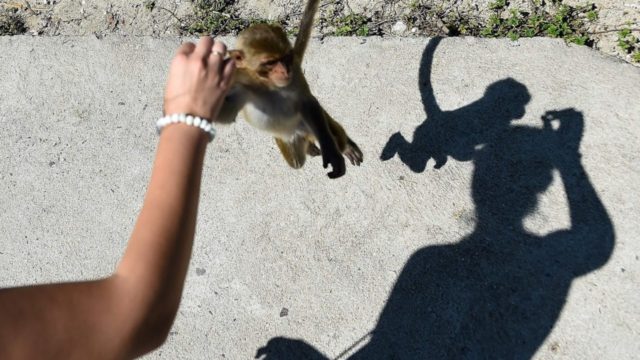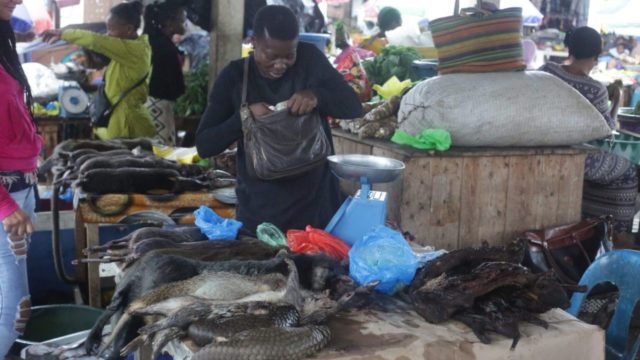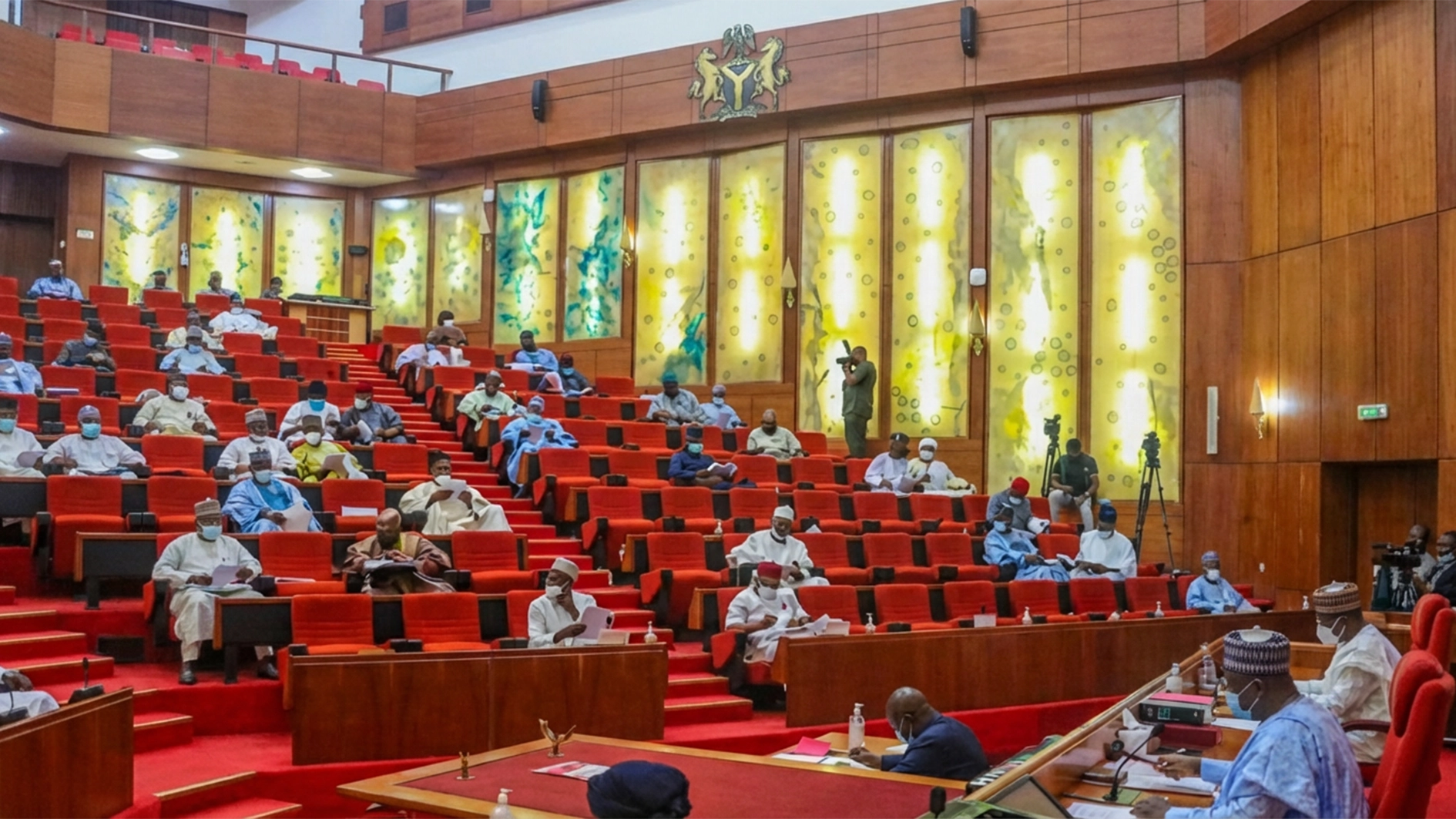As animal or plant to man diseases such as Ebola, Bird Flu, Lassa Fever among other health emergencies including the COVID19 pandemic continue to threaten humanity, United Nations Framework Convention on Climate Change (UNFCCC) has warned Africa and other countries to avoid conflict with nature by stopping encroachment by cropland onto wildlife spaces.
According to World Health Organisation, globally, about one billion cases of illness and millions of death occur every year from zoonoses as some 60 per cent of emerging infectious diseases that are reported globally are zoonoses with 30 new human pathogens being detected in the last three decades.
Reportedly, zoonoses are diseases and infections naturally transmitted between people and vertebrate animals.
Director, UNFCCC Climate Technology Center and Network (CTCN), Rose Mwebaza in a document obtained by The Guardian as part of a chat with International Support Network for African Development (ISNAD-Africa) to campaign on New Deal for Nature under the sponsorship of the Africa arm of World Wildlife Fund (WWF), noted that continued erosion of wild spaces, especially forests and ecosystems have brought the continent uncomfortably close to “reservoir hosts”.
With the World Bank projection of over 5.2 per cent contraction in global GDP in 2020 and over 7,762,928 cases 428,723 death from coronavirus alone, Mwebaza said “We need to reclaim our forests, stop deforestation and invest in managing protected areas and our land better.
“Encroachment by croplands onto wildlife habitats is a major factor in bringing people into dangerous conflict with wildlife. Wildlife must be seen as a competitive land-use option that allows us to keep “wild” spaces, “wild”.
With persistent logging, timber export, subsistence agriculture and collection of wood for cooking, the warming by UN is coming when Nigeria has reportedly lost 55.7 per cent as the equivalent of 11,089,000 hectares (27,400,000 acres) had been forested in Nigeria.
Mwebaza stated that zoonotic diseases like COVID19 are one of the many ways in which the environment impacts human health.
She stressed that it was important to keep the ecosystems healthy and sustainable to protect humans and nature.
According to her, achieving ambitious agreements at UNFCCC COP26, the CBD COP15 and adoption of a post-2020 chemicals and waste management framework matter more than ever because the better the continent manages the health of ecosystems, the better human health.
She said: “Healthy, functioning ecosystems are central to a post-COVID world and we must continue to push for progress on strengthening policy frameworks vital to making this happen.”
Speaking on the post-COVI-19 recovery plan, especially how policymakers could leverage nature conservation and biodiversity in reducing future emergencies of zoonotic diseases Dr Mwebaza stressed the need to monitor risks of reduced or weakened enforcement of environmental laws as part of COVID-19 response to buck the emerging trend of countries relaxing environmental laws during the pandemic.
According to her, environmental law is critical to safeguarding health.
Speaking on the WWF funded campaign, Executive Director | International Support Network for African Development, Adedoyin Adeleke said the programme aimed to study, analyze and communicate the various interlinkages between COVID-19, nature conservation and biodiversity.
“The initiative seeks to raise a campaign on the need for humanity to rethink, reset and recalibrate our interactions with nature; the central focus of the post-2020 nature conservation and biodiversity framework, the “New Deal for Nature and People,” he stated.








